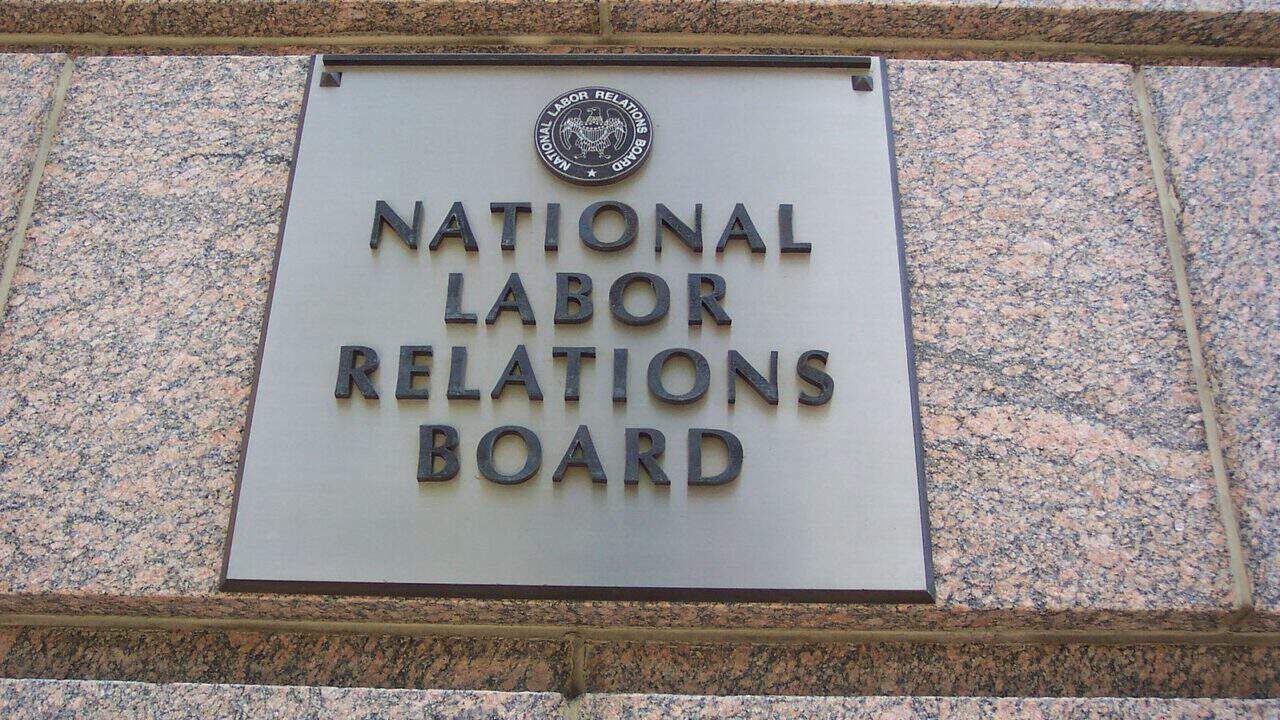 "National Labor Relations Board" by Geraldshields11 is licensed under CC BY-SA 3.0: https://bit.ly/2z1Pikn
"National Labor Relations Board" by Geraldshields11 is licensed under CC BY-SA 3.0: https://bit.ly/2z1Pikn
The Biden administration’s National Labor Relations Board (NLRB) today finalized a radical expansion of the joint employer standard, putting at risk countless small businesses, workers, and consumers across the country.
The NLRB’s joint employer standard governs how two companies may be held jointly responsible for the same set of employees. Under previous longstanding NLRB rules, businesses were only held as joint employers if they both exerted direct and immediate control over the workers. This model allowed business models like franchising, staffing agencies, and temporary work arrangements to thrive, resulting in greater job growth, economic benefits, and the establishment of small businesses.
In September 2022, however, the NLRB issued a notice of proposed rulemaking (NPRM) for a modified and significantly expanded joint employer standard, putting at jeopardy those benefits that had previously been enjoyed by businesses and workers across the country. The new standard, as proposed in the NPRM and maintained in the final rule, would force businesses to be held as joint employers on the basis of “indirect control” of working conditions or even theoretical control which has never been exercised.
Americans for Tax Reform submitted comments to the NLRB in December opposing the proposed rulemaking. Though ATR’s comments were cited eight times in the Public Inspection Document for the final rule, NLRB chose to flagrantly disregard the concerns outlined by this organization and by thousands of others.
In particular, the final rule issued by NLRB promises to devastate the franchising sector, which has allowed hundreds of thousands of Americans to own their first small business in the form of a franchise. In 2015, a similar joint employer standard enforced by the Obama administration cost franchise businesses more than $33 billion per year, resulting in 376,000 fewer job opportunities for workers. The standard also led to 93 percent more lawsuits, creating steep new costs and market inefficiencies.
The new rule could create even larger costs than were seen from the Obama-era rule, triggering more job losses, business closures, and costs to economic productivity in the coming years. These extra costs and legal liabilities would further pass through to consumers in the form of higher prices, in an environment already plagued by the rampant inflation of “Bidenomics.”
Fortunately, bipartisan action in Congress has already begun in response to the publication of the rule: Senators Bill Cassidy (R-La.) and Joe Manchin (D-W.Va.) announced today that they will be introducing a Congressional Review Act (CRA) resolution in an attempt to overturn the final rule before it can cause widespread harm.
Congress should act quickly to reject the Biden’s administration’s far-reaching attack on American small businesses.

